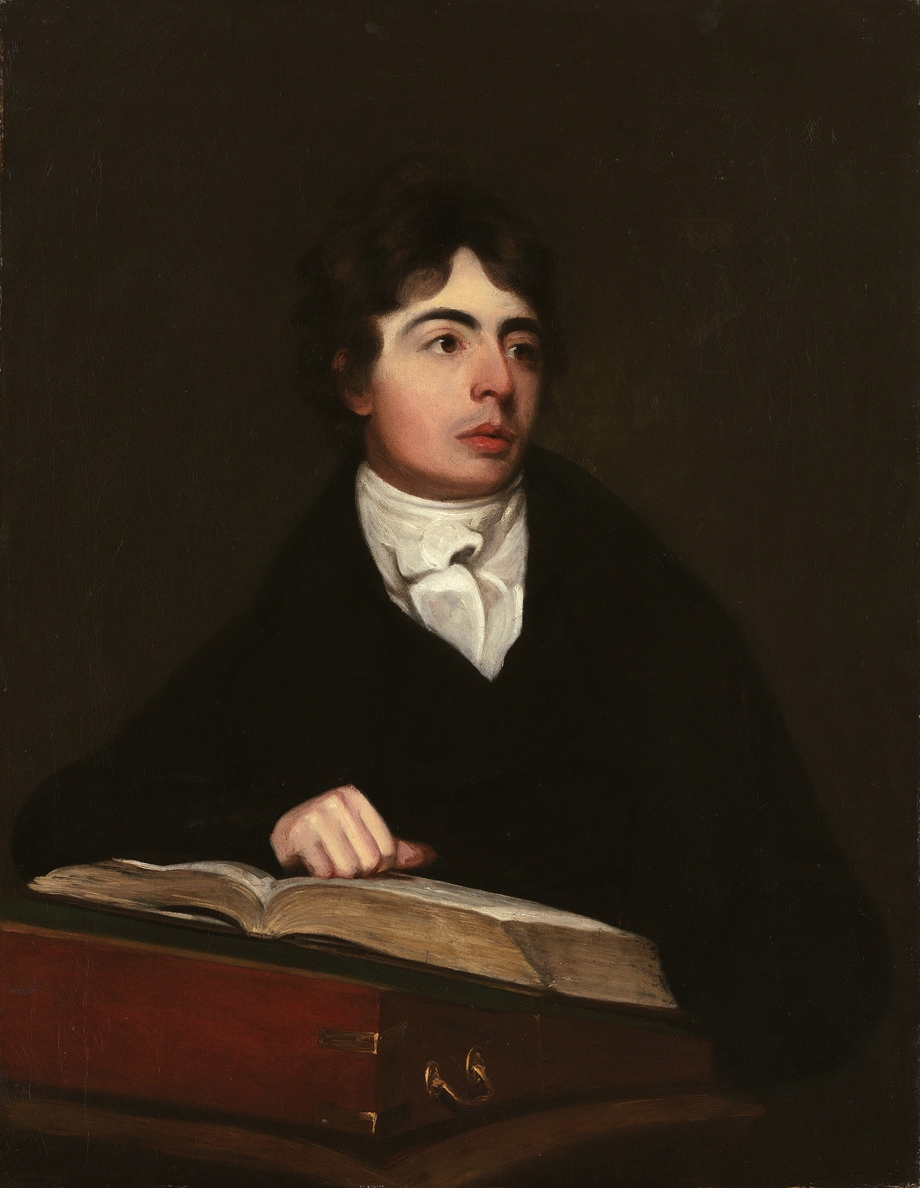In this new society, the two men wanted to eliminate servitude and oppression. Integral to this vision was the precept of no personal property so that people would be governed by the “dictates of rational benevolence.”
Initially, Coleridge and Southey planned to build the community on the banks of the Susquehanna River in the United States; then later, the idea of establishing a less ambitious community in Wales was put forward.
However, as neither Coleridge or Southey had much money with which to build their utopia, they had hopes that wealthier immigrants who would join the community, would be willing to finance it.
Pantisocracy as dreamt of by Coleridge and Southey, never came about, as the plans were scuttled by financial difficulties and the loss of interest in the idea by potential community citizens.
 |
| Samuel Taylor Coleridge |
 |
| Robert Southey |